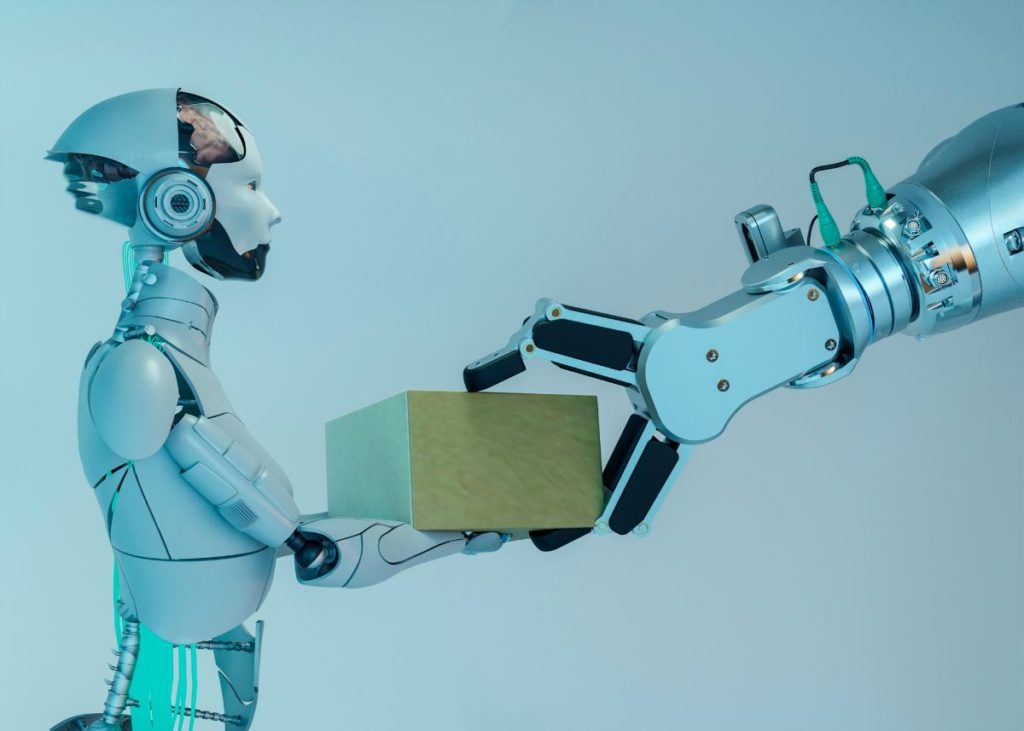
Lithium-ion batteries power the lives of millions of people each day. From laptops and cell phones to hybrids and electric cars, as well as robots. This technology is growing in popularity due to its light weight, high energy density, and ability to recharge.
Li-ion has an energy density of 150 to 250 Wh/kg compared with LiFePO4, with an energy density of 90 to 120 Wh/kg. Li-ion and Li-polymer batteries have voltages ranging from 3.6 to 3.85V, depending on the chemistry and design. LiFePO4 has a lower voltage of 3.2V, which contributes to the lower energy density.
Lithium Batteries offer drop-in solutions for robots. The Lithium Battery series effortlessly replace 12-48V lead acid batteries using BCI standard sizing. Using our patented, safe lithium-ion chemistry and superior life cycle, Lithium Battery makes it perfect for applications in the military, medical, education, and exploration.
There are multiple benefits using recycled lithium batteries to power logistics robots :
The lithium batteries charge faster than the lead-acid batteries they replace, and the lithium batteries do not need to be removed from the vehicle for recharging. The rapid charging capability of lithium batteries enables mobile robots to recharge each time they stop momentarily to pick up or deliver components, which saves much time and reduces costs. Compared with the lead-acid batteries that needed to be replaced every two years, the recycled lithium batteries will last up to eight years.
All of our batteries incorporate their own battery management system to protect from over voltage, under voltage, over current, and over temperature conditions. It automatically balances cells and modules for maximum energy usage.
Lithium battery really offers robot designers a growing number of options. Li-ion can provide the highest energy densities, while LiFePO4 has advantages in terms of environmental ruggedness. New options are opening up, including recycled lithium batteries that may provide lower-cost alternatives to new batteries.